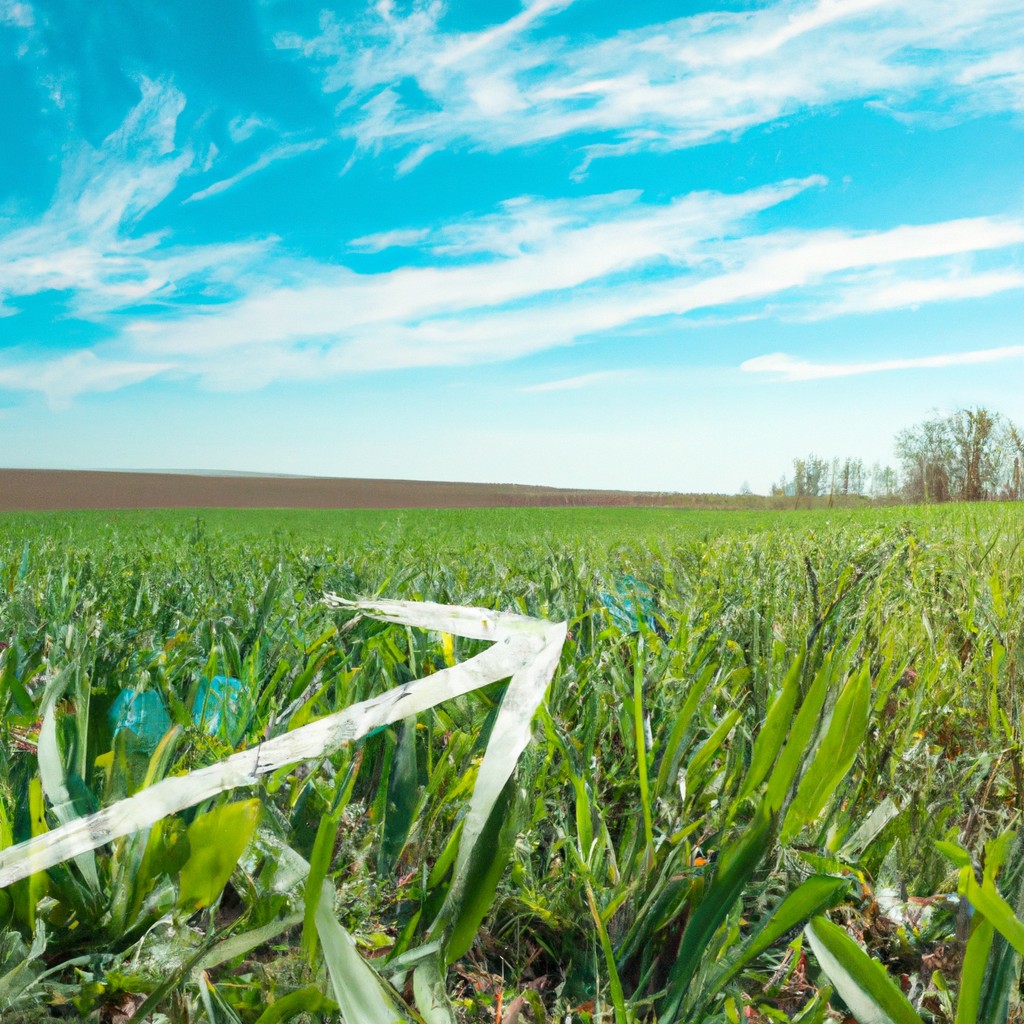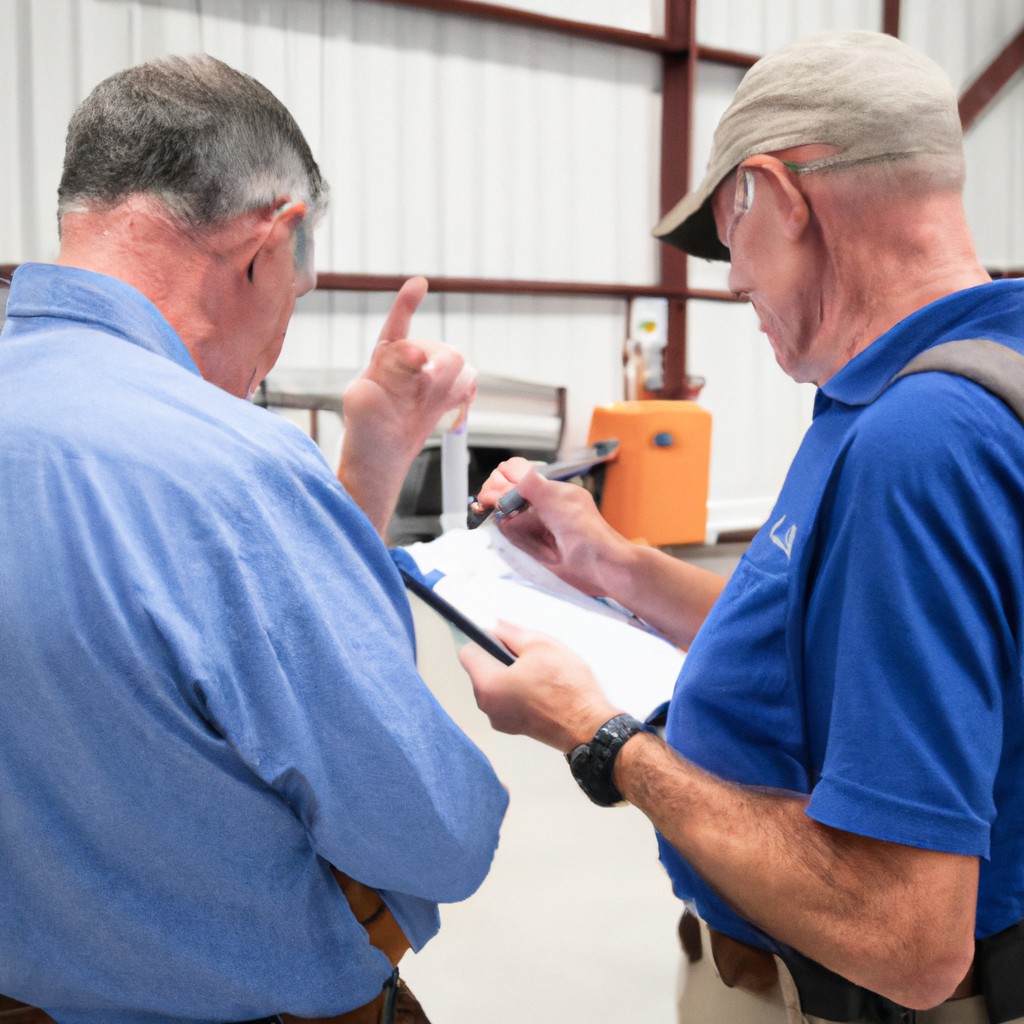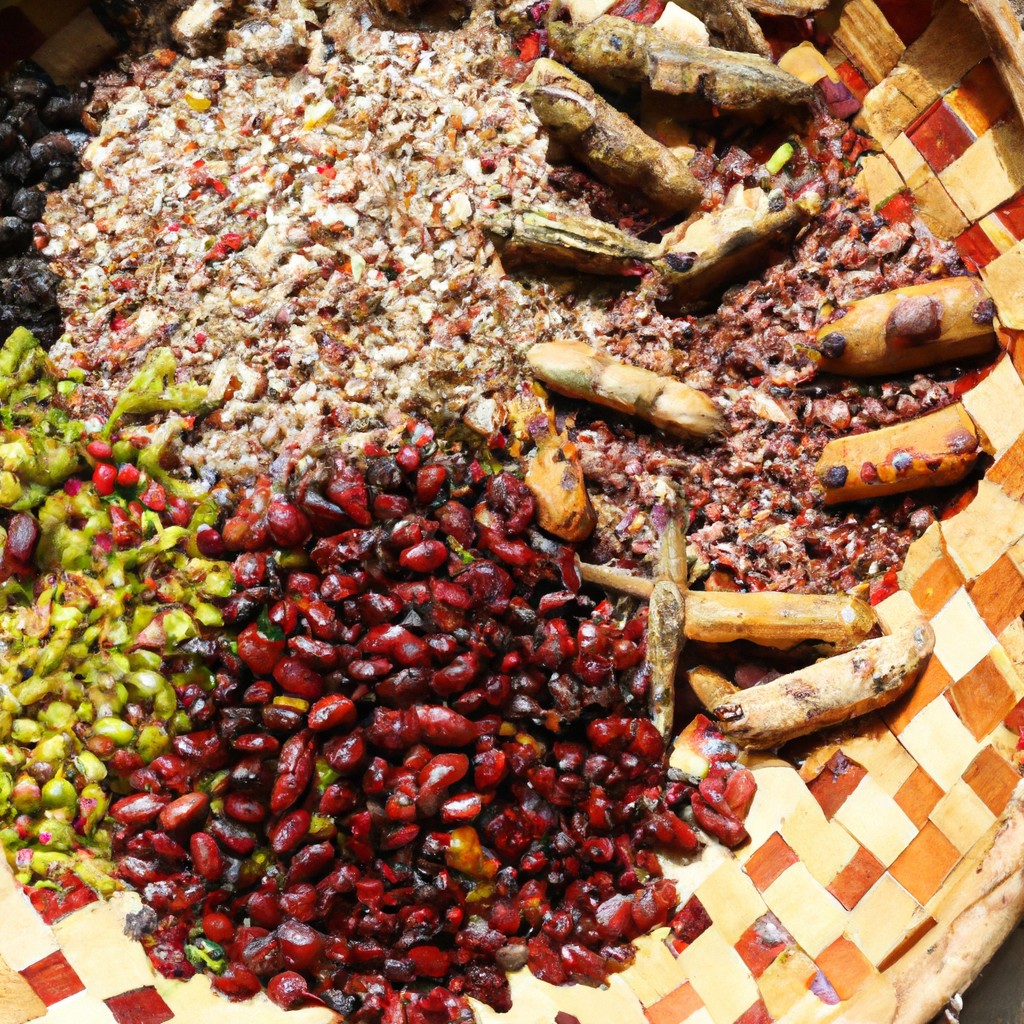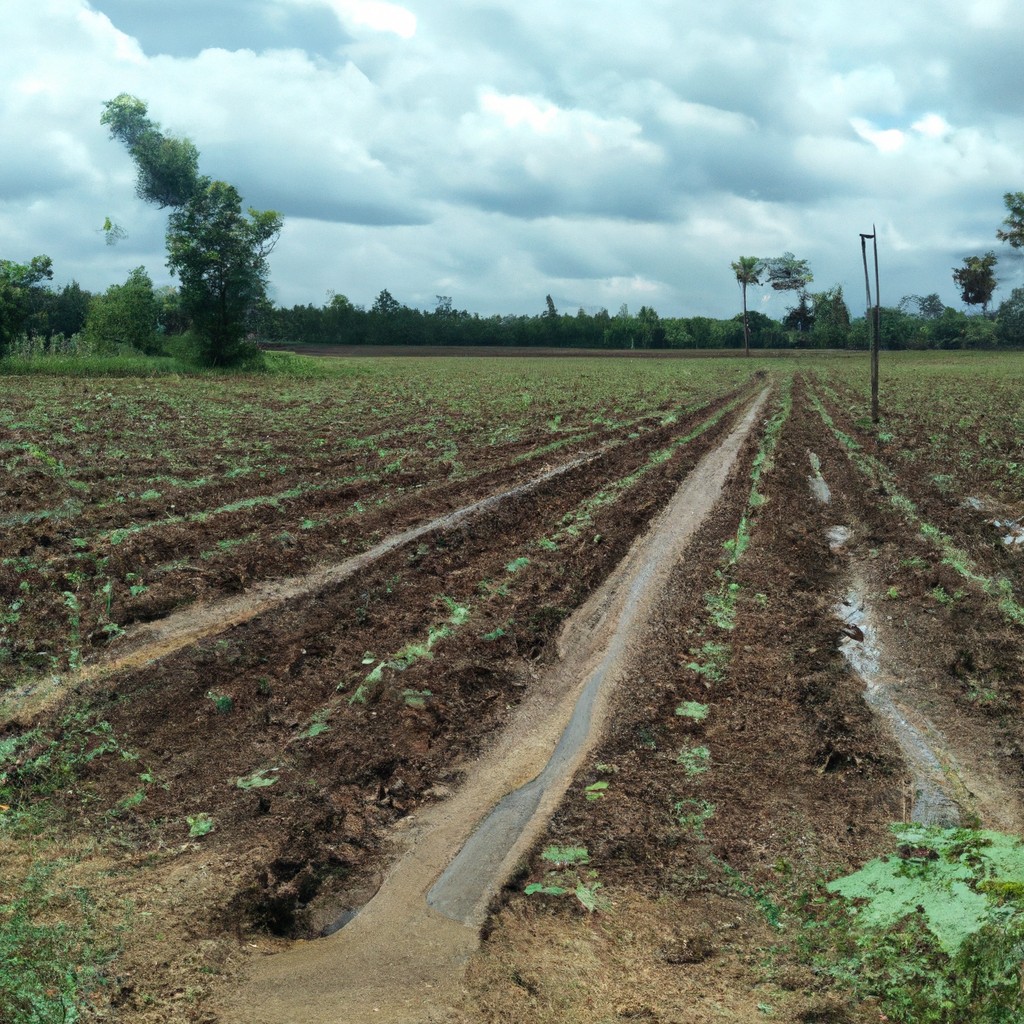In this guide, we’ll cover the key services offered by agriculture consulting firms, helping you identify which options can best support your farming needs.
Look Inside:
Definitions and Scope of Agriculture Consulting
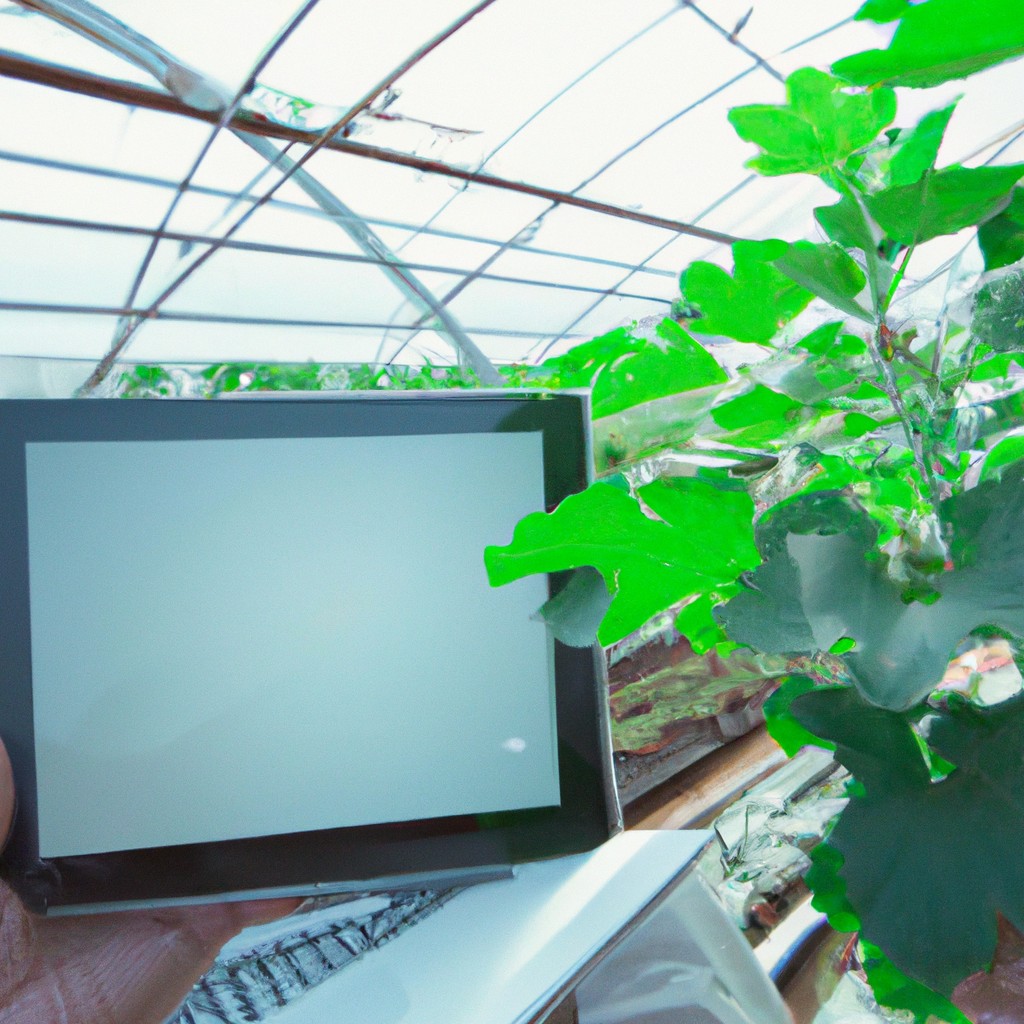
Agriculture consulting pairs savvy farming experts with the bewildering world of crop management, livestock care, and sustainable agricultural practices, transforming novice farmers into pros and old-school cultivators into innovation wizards. Here’s a quick scoop on what this dynamic field covers:
- Strategic Insights: Consultants dive deep into farm analytics, helping businesses make smarter, data-driven decisions. Better choices in crop rotation, pest management, or even farm-layout planning? Check!
- Sustainability Initiatives: As the green warriors of the farming world, consultants often lead the charge on incorporating eco-friendly practices that boost biodiversity and reduce ecological footprints.
- Compatibility with Agritech: From drones buzzing over fields to AI predicting crop diseases before they happen, consultants help integrate new technologies that make farming not just cooler, but also more efficient and productive.
- Policy and Compliance: Whether it’s navigating the maze of governmental regulations or applying for grants, consultants are like the GPS for legal and administrative roadblocks.
This diverse field not only ensures agricultural ventures flourish today but also sows the seeds for future success.
The Role of Technology in Agriculture Consulting
Technology has transformed agriculture consulting by introducing precision farming tools that allow for detailed soil analysis, crop monitoring, and data-driven decision making. GPS technology, for instance, enables precise mapping of farm fields, helping consultants advise on plant positioning for optimal growth conditions. Satellite images and drones provide real-time insights into crop health and irrigation needs, equipping farmers with actionable recommendations to enhance yield.
Irrigation technology has advanced to systems that use sensors to determine water levels in the soil, ensuring water is applied in the right amounts at the right time. This not only conserves water but also increases crop efficiency.
Data analytics tools dissect large sets of agricultural data, predicting future trends and potential problems before they arise. These predictions help in crafting strategies that preemptively handle issues such as pest infestations or sudden climate shifts.
Mobile applications bring this technology to the smartphones of farmers, making consulting advice accessible with a few taps. Apps can offer personalized advice, weather forecasts, and even connect farmers directly with consultants for real-time problem-solving, ensuring that no farmer feels like they’re plowing through their issues alone—quite the tech-savvy scarecrow in today’s agricultural fields!
Market Trends Influencing Agriculture Consulting
As agriculture evolves, so does the consulting sector driven by a few key trends. First, sustainability is on every farmer’s lips, not just because it’s trendy, but because we really do care about our planet! Consultants are now more than ever advising on eco-friendly practices, which is not only good for Earth but also opens up new funding avenues as governments and organizations support sustainable initiatives.
Secondly, precision agriculture technologies such as drones and IoT (Internet of Things) devices are revolutionizing farming. Consulting now often includes tech tutorials, because let’s face it, not every farmer is a tech whiz. The adoption of these technologies allows for more efficient resource management and yields optimization, enabling consultants to provide data-driven advice.
Finally, consumer preferences are shifting towards organic and locally sourced foods. This trend is shaping the consulting landscape as clients seek help to navigate organic certification processes and market integration strategies. Basically, if a farm grows it sustainably and locally, consumers want it, and consultants are crucial in making that connection.
In sum, staying ahead in agriculture consulting means staying attuned to these market dynamics and helping clients adapt swiftly.
Case Studies: Success Stories From Agriculture Consulting
Consider the tale of a small family-run farm in Iowa that was struggling to keep up with the changing demands in crop management. With the help of a savvy agriculture consultant, they were able to integrate advanced crop rotation techniques and precision farming tools. This not only boosted their yield by 20% but also significantly lowered their environmental impact.
Moving to the vineyards of California, a different consultant introduced drought-resistant plants and innovative irrigation systems. This move not only preserved the delicate ecosystem of the area but also ensured consistent grape quality, enhancing the farm’s reputation among wine producers.
In a surprising twist, a dairy farm in Wisconsin turned its operations around by employing a consultant who specialized in animal health and nutrition. By revamping their feeding strategy and employing regular health monitoring, the farm increased milk production while improving the welfare of their cattle.
These diverse success stories illustrate how tailored consulting services can address specific challenges, leading to sustainable growth and operational efficiency across the agricultural sector.
Future Outlook and Opportunities in Agriculture Consulting
The horizon for agriculture consulting sparkles with potential, not just for the consultants but for the planet too! Innovations in biotechnology and AI are set to revolutionize how we grow and manage crops. Picture a world where AI-driven drones monitor crop health from the skies, providing data so crisp it could make an apple blush!
Job roles are expanding, with sustainability being the hot-ticket item. Consultants are increasingly expected to blend traditional farming know-how with cutting-edge sustainable practices. This means more green jobs and opportunities to ‘reap’ benefits while sowing seeds of positive environmental impact.
Globalization is also shuffling the deck. As emerging markets develop, they’re hungry for expertise. This trend opens up exciting avenues for consulting beyond borders, offering a taste of international cuisine—figuratively and literally! Navigating these evolving landscapes could be as thrilling as finding an oasis in a desert!
Lastly, let’s not forget the startups and tech companies sprouting up like mushrooms in a forest. These partnerships can lead to developments in areas like vertical farming and precision agriculture, turning consultants into indispensable navigators in an ocean of agricultural possibilities. Buckle up; it’s going to be a wild ride in the farming future!
